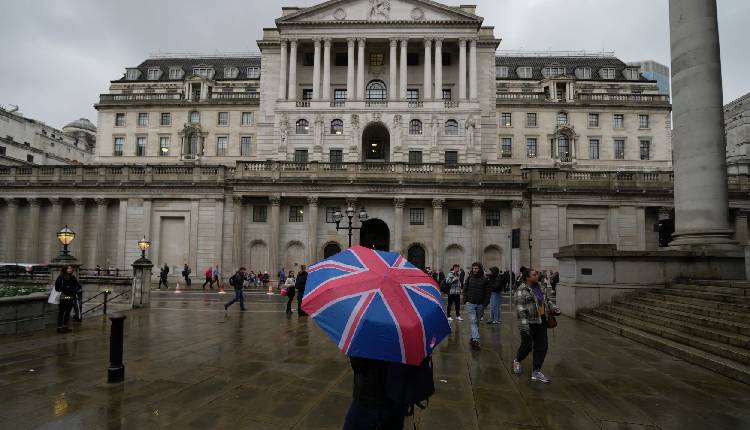Britain’s economy slips into mild recession last year
Britain’s economy slipped into a mild recession last year, Reuters reported citing official data on Thursday, posing a challenge for Prime Minister Rishi Sunak to convince voters of economic stability ahead of an anticipated election.
The Gross Domestic Product (GDP) contracted by 0.1 per cent in the third quarter and 0.3 per cent in the fourth quarter, according to the Office for National Statistics.
These figures, consistent with initial estimates, have led to criticism from the opposition Labour Party, which leads in opinion polls, dubbing it “Rishi’s recession.”
However, 2024 began on a positive note for the UK economy, with 0.2 per cent GDP growth in January and indications of continued growth in February and March.
Despite these signs, Britain’s recovery from the COVID-19 pandemic has been sluggish, with the economy only 1 per cent larger than its late 2019 level.
Among the G7 countries, only Germany has performed worse. The overall economic growth in 2023 was a mere 0.1 per cent, the weakest since the 2009 global financial crisis, excluding the significant GDP decline in 2020 due to the pandemic.
The Bank of England, noting that British inflation is nearing a level where interest rates can be reduced, predicts a modest 0.25 per cent economic growth this year, while official budget forecasters anticipate a 0.8 per cent expansion.
The sterling remained stable against the US dollar and the euro following the data release.
The data also revealed a 0.7 per cent increase in households’ real disposable income compared to no change in the previous quarter.
The ONS reported a slight increase in savings, with the savings ratio rising to 10.2 per cent in the fourth quarter from 10.1 per cent in the preceding quarter.


